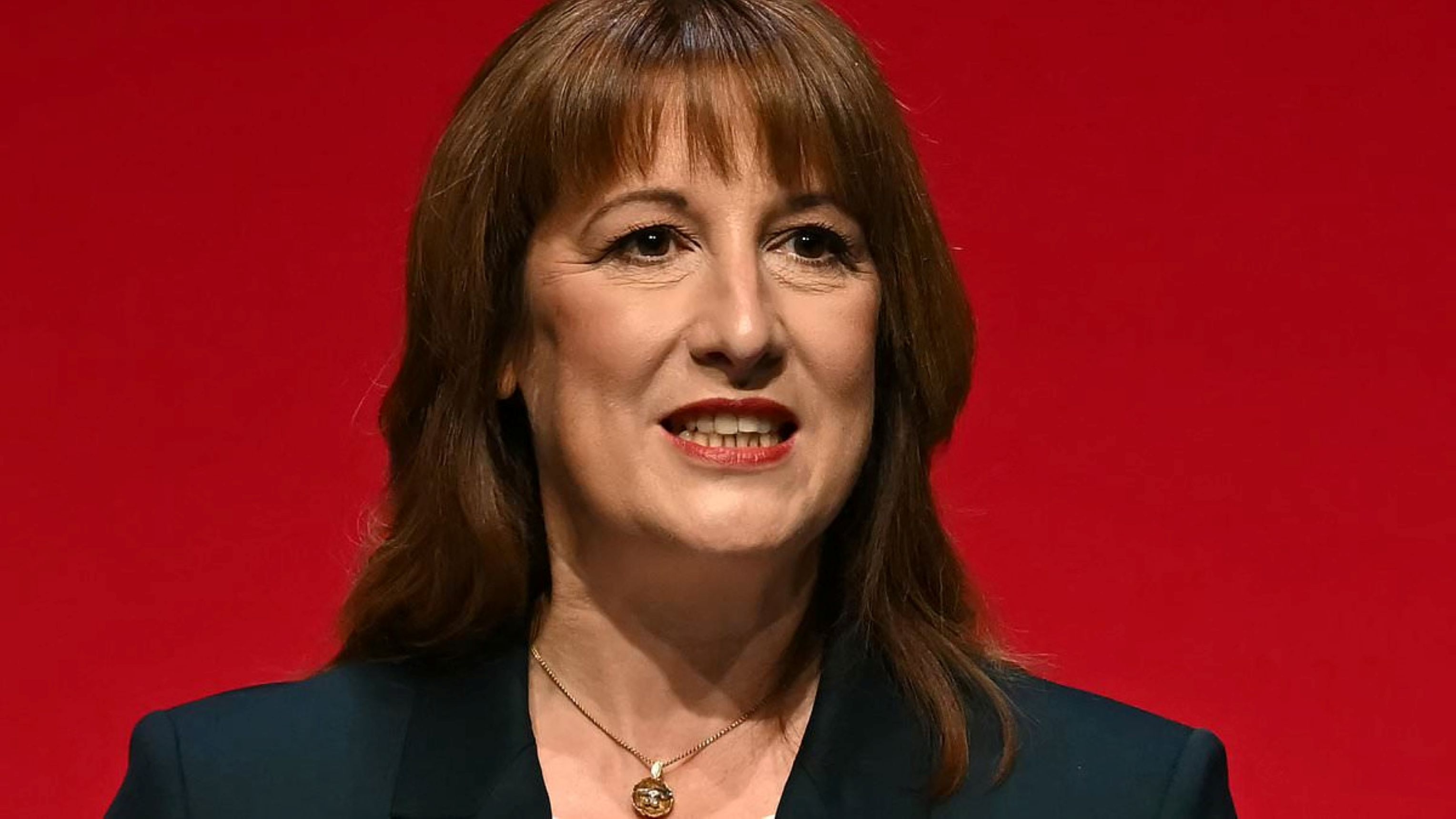General Dynamics (GD) Fundamental and Technical Stock Analysis: Can the Defence Prime Keep Outperforming?
$364.70
04 Mar 2026, 12:54

Web Image

Chancellor’s Conference Speech Fails to Quell Investor Uncertainty Over Looming £30bn Fiscal Black Hole
Chancellor Rachel Reeves may have delivered a confident speech at the Labour Party Conference, but the financial markets and political observers remain unsettled. With a possible £20–30 billion gap looming ahead of the autumn budget, pressure is mounting on Reeves to find solutions—without breaking Labour’s election pledge not to raise income tax, National Insurance, or VAT.
A Confident Appearance but Few Policy Announcements
Reeves opened Labour’s annual conference with a polished speech, which showcased Labour’s economic achievements to date:
However, the speech lacked new fiscal policies and did little to reassure economists and investors that Labour has a solid plan to address the looming budget shortfall.
OBR Forecast Could Be a Game-Changer
The Office for Budget Responsibility (OBR) is expected to present its economic forecast later this week, which will form the foundation of the government’s autumn budget. This forecast is critical because:
Early speculation suggests a fiscal gap of £20–30 billion may be revealed—a figure that could force the government to rethink its tax and spending commitments.
Limited Room for Manoeuvre
Reeves has pledged to uphold strict fiscal rules and Labour’s manifesto promise not to raise:
This commitment leaves few options for raising the significant sums needed to fill the expected budget gap.
As one analyst put it:
“You can’t plug a £30 billion hole with minor tweaks. You either raise one of the big three taxes or make severe cuts—neither of which is politically popular.”
Political and Market Ramifications
The uncertainty has created a “roller coaster” of speculation in both political and investor circles. If the government is seen as failing to manage the fiscal situation effectively, it could:
Investors are particularly cautious as Labour walks a tightrope between public expectations, market credibility, and economic reality.
What Could Happen Next?
The most probable outcome? A tense few weeks of fiscal guesswork as Labour tries to balance economic discipline with political promises.
Conclusion: A Delicate Balancing Act
Rachel Reeves may have passed the conference optics test, but the budget challenge ahead is real and growing. Investors, economists, and voters alike will be watching closely for clarity on how Labour intends to close the fiscal gap without breaking key campaign pledges.
Stay tuned for the OBR forecast—this could be the defining moment of Labour’s economic credibility.
Sources: (SKY.com)